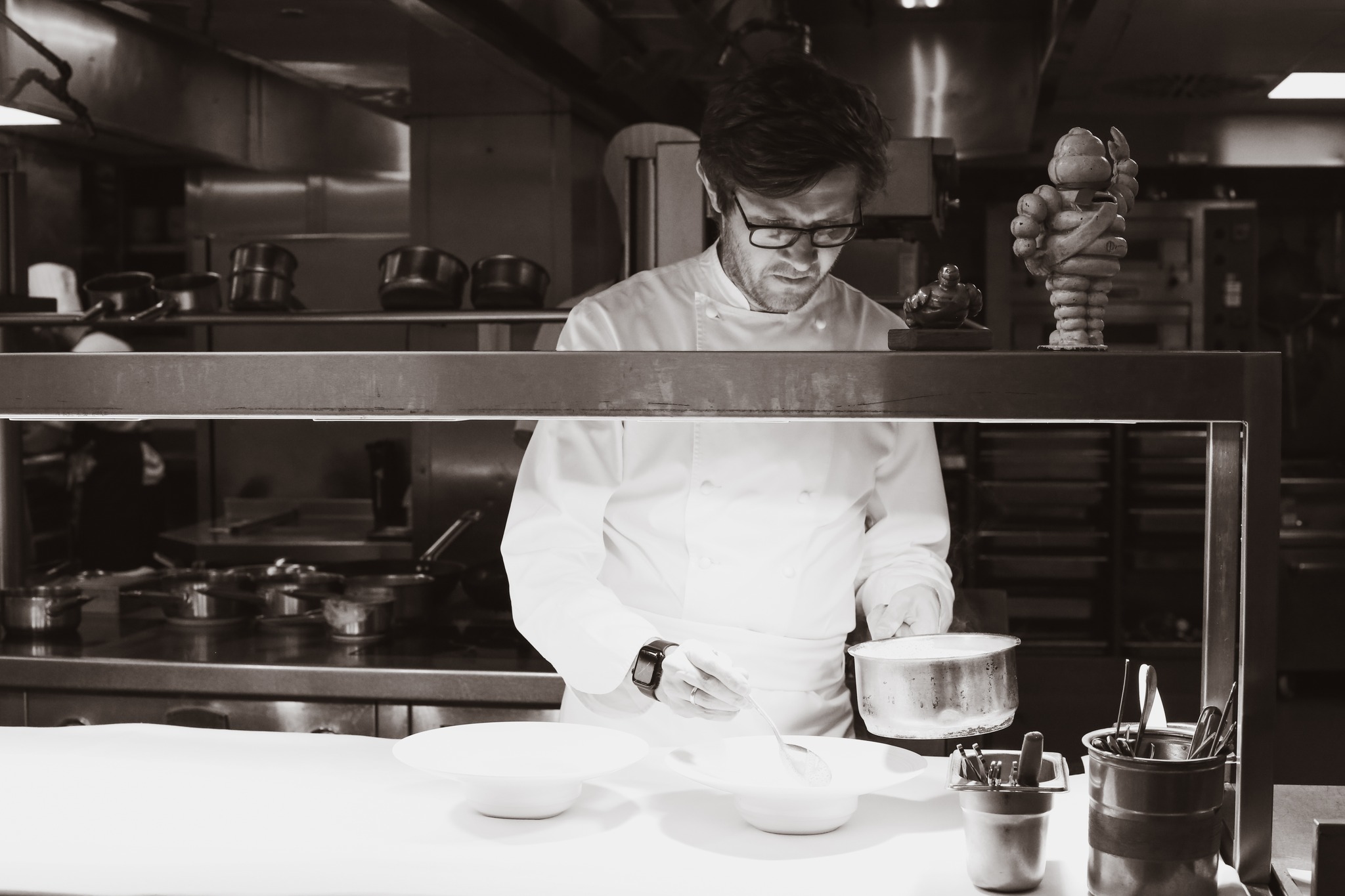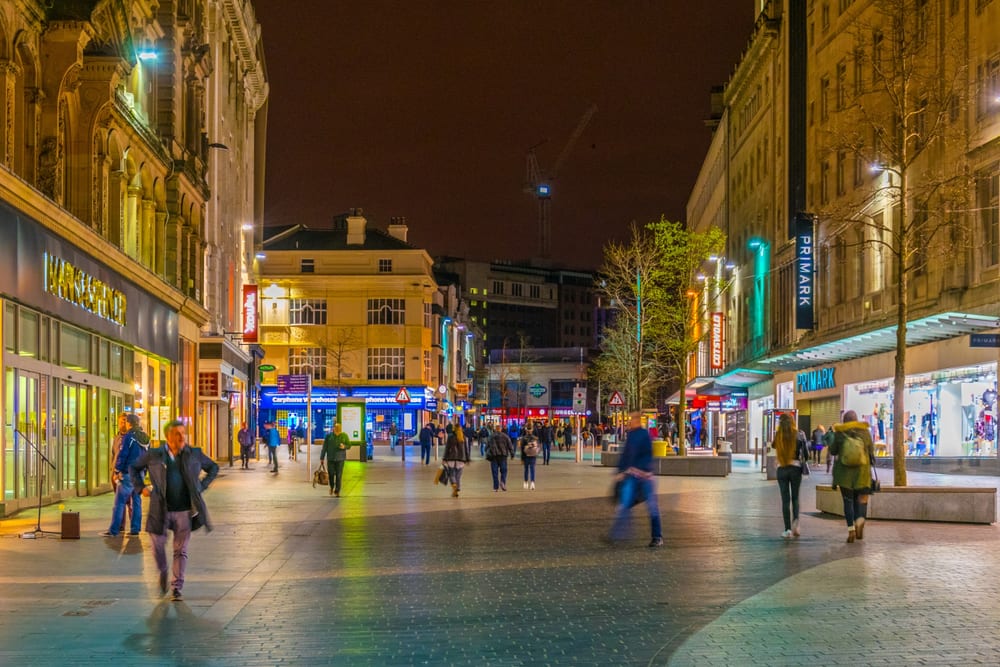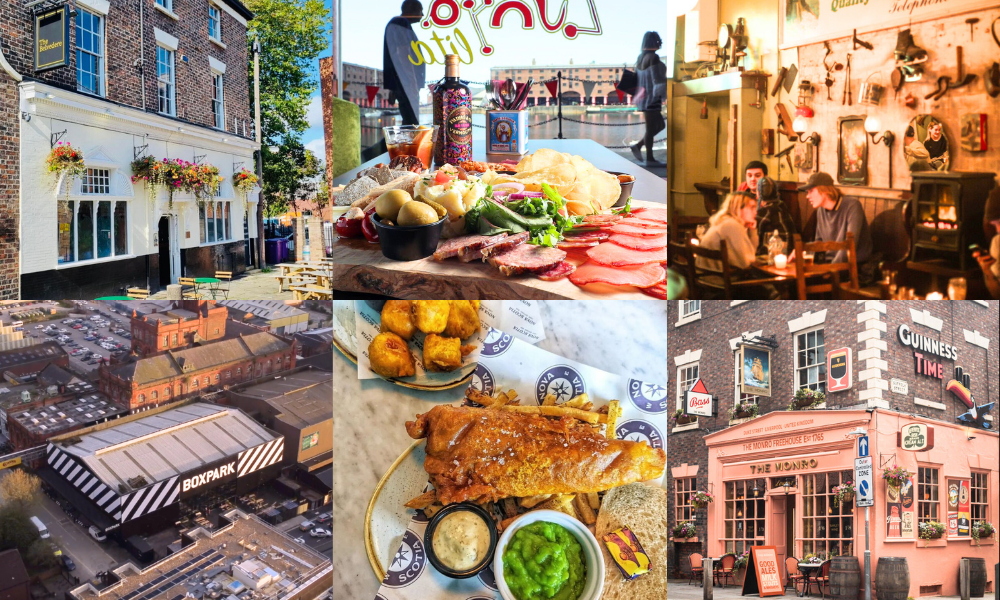
Features
How will Liverpool city centre survive the loss of so many big retail names
5 years ago

Days after it was announced that Topshop and Topman would close stores and shift online after being bought by ASOS, now Dorothy Perkins, Wallis and Burton are set to lose their high street presence too after being snapped up by Boohoo.
So, with big retail names disappearing, what does that mean for the future of Liverpool city centre once shops can reopen again?
Lockdown restrictions have cost retailers a record £22bn in lost non-food sales so if more are shifting to online-only and others are struggling with huge losses caused by Covid closures, can the city centre survive?
Bill Addy, CEO of Liverpool BID Company, says the answer is yes but it will need strong management and a steady nerve in the face of increasing empty units.
Next is moving from Church Street to a new store in the old Forever 21 site, Topshop and Topman will go and the building left vacant by H&M’s move to Lord Street is yet to be filled almost two years on.
“That’s three big units directly opposite each other that will be empty,” he says. “Clearly what we need to do is get our city reopened safely again and get people coming back to it, that’s our first challenge. Then, while we’re getting our existing retail back, we need to see how we can work with building owners to try and encourage new uses into those buildings and see what new retailers we can bring in.
“Ideally we’d like to see those buildings reoccupied in 12-18 months but the most important thing is to get the right tenant and the right retailer not just one to fill the space quickly. It’s key to get it right for the long-term, that’s the priority – you have to get a sustainable strategy in place rather than just a quick response.
“And in the time that buildings are empty, it’s about curating the street in a way that protects the space so it doesn’t look derelict.”
Bill says the loss of Topshop and Topman, and the question mark hanging over the Debenhams flagship store which fronts onto Lord Street, aren’t a reflection of Liverpool’s shopping fortunes.
“The demise of those brands isn’t about shopping habits, retailers do well when they’re in Liverpool. The issues with Topshop and Topman weren’t caused by anything locally, and it’s the same for Debenhams. Liverpool was one of the highest performing stores in the country.

“It’s very sad that we’ve lost those iconic brands off the high street and what’s the most upsetting is the people who’ve lost their jobs. It is a difficult time for retailers on the high street, but with all the negative side, the positive is that Liverpool is a strong and resilient city in terms of retail; it’s reimagined itself many times particularly in the last 13 years since Liverpool ONE opened.
“We shifted from our position in 2008 where we were about 17th in the UK up into the top 5 for retail, as a shopping destination. And people want to come back, we saw that in the summer when we reopened retail in June, footfall and sales both came back very strongly.”
Bill says, unlike retail spaces in Liverpool ONE which are all owned and managed by Grosvenor, the empty units on Church Street are all independently, privately owned. “So we are in discussions and we will be looking at a strategy with those landlords for repurposing their buildings.
“If you look at Church Street over its life, it constantly evolves and changes – it’s lost some big names in the past and gained some new ones.
“Dorothy Perkins moved off the high street three years ago, to concessions in retail parks and online, and Lush moved from Whitechapel, took that place and they now have a great presence in the centre of Church Street.
“They are a classic example of how retailers do come and repurpose space in a creative way.”

Bill Addy of Liverpool BID Company
Bill believes cities like Liverpool will thrive again once lockdown restrictions ease.
“There is a shopping culture in Liverpool, and retail is very much part of the package which Liverpool offers to people who live here and to people coming into the city as visitors,” he adds.
“There are targets we want to attract here, but Liverpool is already well-served so there aren’t that many gaps.
“What we need to do is market the city as a whole so when people are making investment decisions, especially the larger nationals, across a number of potential locations, we make Liverpool the attractive place that people want to come to and it becomes top of the list.”









 Subscribe
Subscribe Follow Us
Follow Us Follow Us
Follow Us Follow Us
Follow Us Follow Us
Follow Us Follow Us
Follow Us











